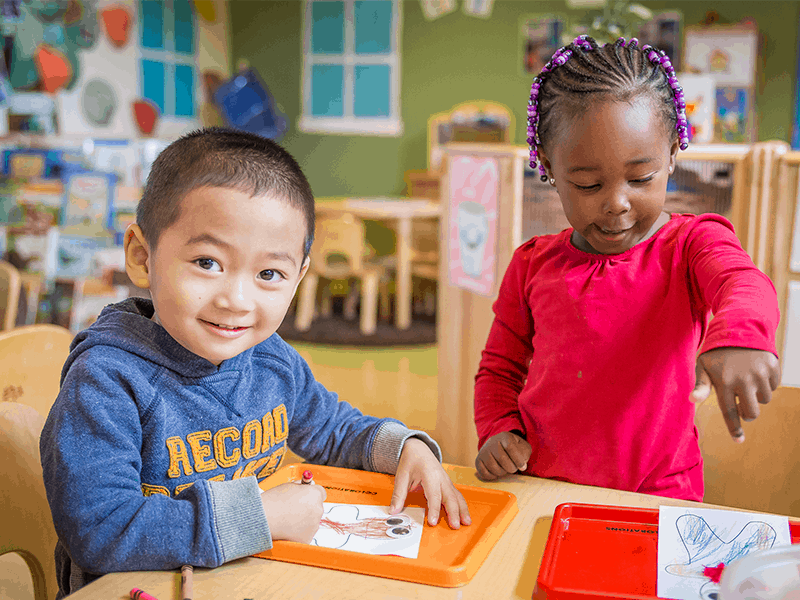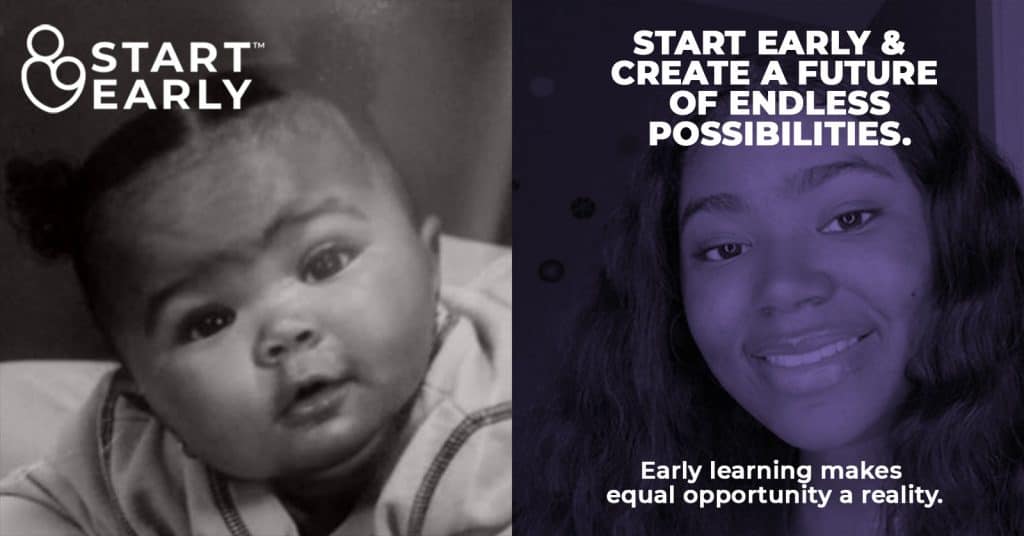In this blog, Kristin Bernhard, Start Early senior vice president of policy and advocacy, identifies measures voters overwhelmingly approved to improve access to early childhood education at community and state levels.
While large questions remain about the results of yesterday’s presidential election, we are proud and thankful for the overwhelming approval of measures that improve access to early childhood education at community and state levels. Across the country, voters expanded the reach of core early childhood development programs and supports, from paid family leave to universal pre-K. These election results are worth celebrating, as state and community systems are closest to families with young children and play a critical role in building an ecosystem that fosters their well-being.
Voters in Colorado approved a ballot measure that creates a statewide paid family and medical leave program, joining eight other states that offer this imperative benefit. Colorado is the first to accomplish it at the ballot box rather than through the legislature. With this new program, workers can take up to 12 weeks of paid time off to care for a new baby or adopted child, recover from an illness or care for a seriously ill relative. Increasing paid family leave is a positive step toward reducing infant mortality, improving maternal health outcomes and allowing more individuals to stay in the workforce.
Voters also approved new funding mechanisms to help finance the creation and expansion of high-quality pre-K programs. In San Antonio, Texas, voters approved Proposition A, renewing a one-eighth-cent sales tax that will continue funding pre-K programs in the city for the next eight years. Additional investments were approved for workforce development and infrastructure. Colorado voters approved a nicotine tax measure that will fund universal free preschool for children of age 4 statewide beginning fall 2023. In Multnomah County, Oregon, which includes Portland, voters approved Measure 26-214, known as Preschool for All. Through a tax on high-income residents, the county will provide tuition-free preschool to all 3- and 4-year-olds, while also raising the pay of preschool teachers to parity with those of kindergarten teachers. Assistant preschool teachers will be guaranteed a minimum wage of $18 per hour.
In St. Louis, Missouri, voters endorsed a property tax that will raise an estimated $2.3 million annually for birth to age 5 programs and services through the St. Louis Mental Health Board’s Community Children’s Services Fund. This successfully passed measure builds on a collective focus of establishing the city and county of St. Louis as a regional leader in early childhood education.
While we await answers on control of the Senate and the presidency, we applaud these states and communities who have come together to build strong, inclusive and equitable places where families with young children can flourish – from before birth through kindergarten. While the need remains for a more robust national system of early care and education, these victories demonstrate that progress on early childhood can and will continue regardless of what happens at the federal level. We are encouraged by this broad community level engagement to grow support and investment for young children and their families.






